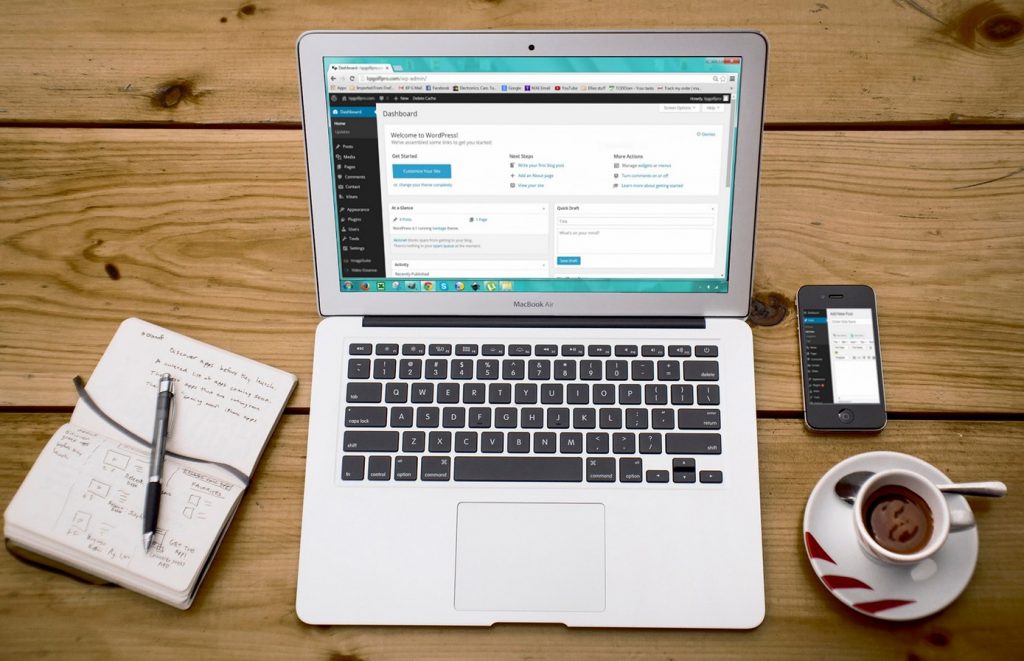Blog Ethics?

Creating a blog is a great way for anyone to share their life experiences and even advertise their business. To date, there is no actual code of ethics developed for bloggers to follow but there are three common sense ethic codes that anyone should follow while they are running their blog posts. These are the code of ethics that will prove you as a trustworthy blog owner.
1. Fair and Honest:
You need to be fair and honest with your followers. You need to make sure all the information you provide is honest without adding any false information. When you are providing facts, you need to make them distinct, true, and easy to follow. Do not attempt to distort your facts, visitors can read this right away, and as a result, you will lose visitors. If you happen to provide any information, on your site that may appear to be false; you need to provide your reader with factual information to back up your statement. If you are adding pictures to your blog, then add captions underneath to explain to the reader about the image. Fair and Honest are two of the most critical components of the blogger’s code of ethics.
2. The harm of others:
When you are creating a blog topic on a controversial issue, do avoid using any ones names or places. This will protect you from any lawsuits and also from hurting visitors’ feelings. A good motto for this code of ethics would be, say to others what you would want them to say about you. You also need to be sure that you protect a person’s privacy. Invading a person’s privacy is rude as well as intrusive. If you do not want someone doing it to you, then do not do it to others. A great way to avoid violating this blog code of ethics is to avoid using names or places if it all possible.
3. Be Accountable:
You need to accept the consequences that may come with your blog. If you have made a mistake in any of your postings admit it right away, do not try to avoid it. Everyone makes mistakes, and if you own up to yours, you will be more respected in the reader’s eyes.
Open up for a discussion if someone happens to question your information on your blog. Try to see why people feel the way they do, and if they prove to be right, apologise to the person and admit that yes you are right, I did make a mistake. If you are not accountable for your blog, you will be in violation of the blog code of ethics, and as a result, you will lose followers.
All of these blog codes of ethics are common sense but also the most neglected parts of Blogging. Following a basic code of ethics will enable you to be a trustworthy blogger to your visitors.









Responses